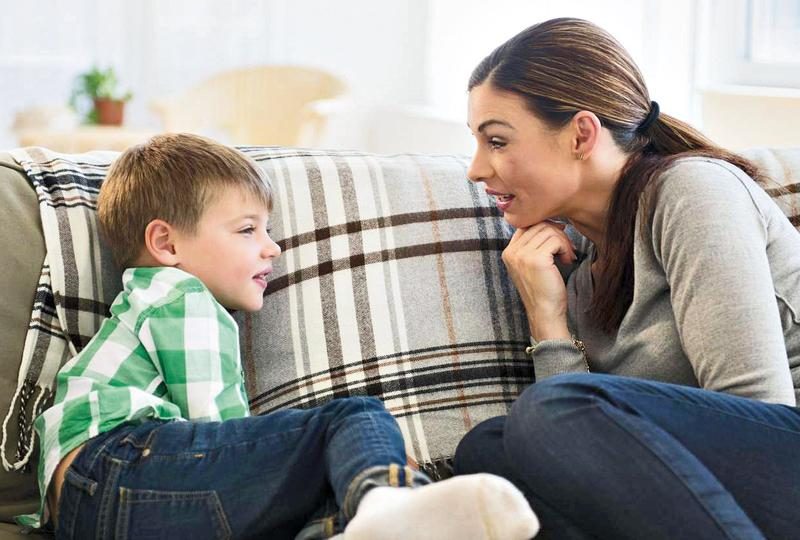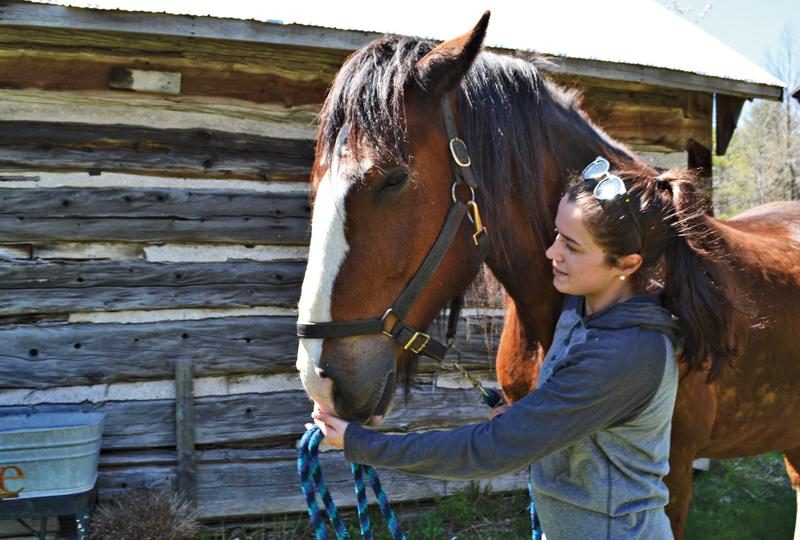Nobody’s perfect
Let me admit something up front. Sometimes I lose my temper.
I’ve never been one to throw or break things when I’m mad, and I haven’t hit anyone since I punched my younger brother when I was 12, but I’m a yeller, and I’m a seether. I bottle things up, keep it together for the big crises and then let it all out over something ridiculously unimportant (most recently a bowl of yoghurt falling out of the fridge all over the floor).
I know this about myself. I’ve known it for a long time, though I only realized it was a problem when I saw my younger brother lying on the floor with the wind knocked out of him, gasping for breath. It’s my least favourite character flaw (and I’ve got a bunch), the one I work on most, the one I seem to have least success changing.
I’m sure you have something similar. Maybe you’re not so much a yeller, but maybe you’ve got a stubborn passive-aggressive streak or you hold grudges forever, or maybe you struggle with something more serious like mental health issues or addictions.
As members of families, these behaviours obviously have an effect on our children, our spouses, and anyone else who happens to live with us (in my case a mother-in-law, a step-sister, and a home-stay student). Our actions sometimes hurt them, disappoint them, push them away, creating tension between us and leaving us feeling guilt and shame.
Repairing these hurts isn’t easy, but I’ve found that being honest with my family has been very important. I don’t try to deny or excuse my anger. When I lose it and yell about something stupid, the first step to healing the situation is to own my fault, to say, “Yes, I yelled. I shouldn’t have, but I did. This is a problem that I struggle with.”
This leads to apology (or it should), and the apology needs to be sincere. Don’t apologize half-way, making the other person feel responsible – “I’m sorry if you felt hurt, but you really shouldn’t leave bowls of yoghurt teetering on things in the fridge.” No, an apology needs to recognize that you did real harm and that you are sorry for what you’ve done – “I’m sorry that I hurt you. I know that yelling over a bowl of yoghurt isn’t okay. I feel badly for treating you that way.”
Which leads to change (hopefully, in the long run). Maybe this means you need to recognize that you’re not dealing with the big issues in your life as well as you thought you were because they’re coming out over spilled yoghurt (that would be me). Or maybe it means that you’re too busy and tired and stressed to deal with your emotions. Or maybe it means you need to talk some things out with a trusted friend. Or maybe it means that you need to see some counselling. Or maybe it means that you need to talk with your doctor.
Whatever it means, our kids need to see us model this process. They need to see us admit our character flaws, apologize for the hurts they cause, and work at ways to change. They have their character flaws too (you know them better than anyone), and they need an example of how to face them.
Luke Hill is a stay-at-home father of three boys, aged nine, seven, and three. He has fathered, fostered, adopted, or provided a temporary home for kids anywhere between birth and university. He has taught college courses, adoption seminars, camp groups, Sunday School classes, rugby teams, not to mention his own homeschooled kids.







